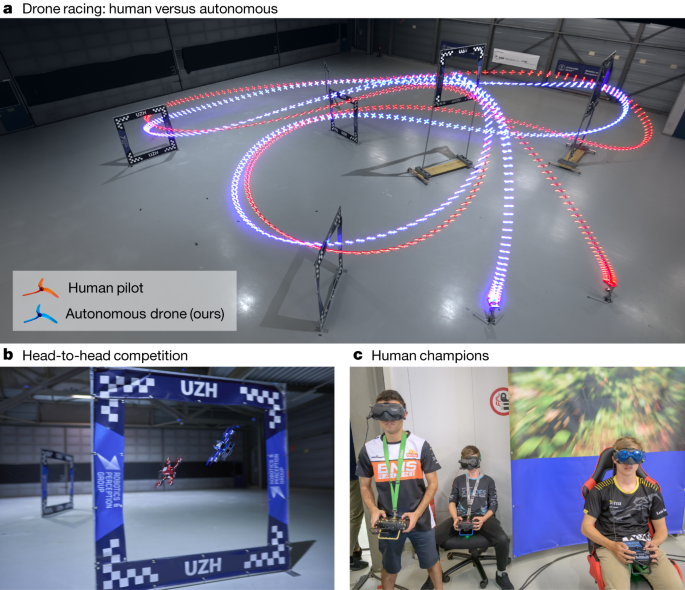2023-08-04 アメリカ合衆国・ミシガン州立大学(MSU)

- ミシガン大学が、家庭用コンポストでの容易な堆肥化が可能な、熱可塑性澱粉(TSP)を加えたポリ乳酸(PLA)を開発。
- 米国でリサイクルされるプラスチック廃棄物の割合は 10%を下回っており、プラスチック廃棄物の大部分はゴミとなって経済、環境、さらには健康上の懸念を引き起こしている。
- 生分解性で堆肥化可能な製品を開発することで、埋め立て処理されるプラスチック廃棄物量を低減できる。また、効率的なプラスチックリサイクルの障壁となるプラスチックに付着した食品残渣もコンポスト処理では問題にならない。
- PLA はパッケージングに長らく使用されてきた植物の糖類由来の材料で、適切な廃棄処理で排出されるのは、水、二酸化炭素と乳酸の自然な副生物のみ。
- 高温度を使用する産業用コンポストでは、微生物がエサとして使用できる程度まで PLA の処理が可能だが、微生物による分解速度は緩慢で完全な分解が難しく、PLA のようなバイオプラスチックの受け入れには消極的。家庭用コンポストによる処理は不可能。
- 新 PLA では、PLA が劣化する間に微生物が澱粉をエサとして使用して分解を促進し、産業用・家庭用の両コンポストでの完全な分解が可能。PLA の優れた特性を損なわずに澱粉の効果を発揮する最適なブレンドの PLA フィルムを作製し、完全に堆肥化するバイオプラスチックパッケージングの可能性を実証した。
- 本研究の成果は、プラスチックパッケージングの廃棄物処理における一つのアプローチを提供するもので、商業化には技術的課題と社会的・行動的な課題の解決が不可欠と考える。
- 生分解性・堆肥化可能な材料があらゆる環境で比較的迅速に分解すると誤って認識されることが多いが、環境中に廃棄された生分解性プラスチックはゴミとして残存する。
- URL: https://msutoday.msu.edu/news/2023/making-bioplastics-easier-to-compost
<NEDO海外技術情報より>
関連情報
ACS Sustainable Chemistry & Engineering 掲載論文(フルテキスト)
Breaking It Down: How Thermoplastic Starch Enhances Poly(lactic acid) Biodegradation in Compost─
A Comparative Analysis of Reactive Blends
URL: https://pubs.acs.org/doi/10.1021/acssuschemeng.3c01676
Abstract
Poly(lactic acid) (PLA) is a sustainable, bio-based, and industrially compostable polymer with a recalcitrant abiotic degradation phase, limiting its organic recovery to well-managed industrial composting facilities. We present a methodology to fully biodegrade PLA in industrial and home composting settings. Thermoplastic starch (TPS) and PLA were reactively blended by adding a chemical modifier and peroxide radicals to obtain a PLA-g-TPS blend by twin screw extrusion and later processed into films by cast extrusion. Biodegradation of the films was investigated using a direct measurement respirometer for 180 days by tracking the CO2 evolution in compost media at 58 and 37 °C, and the number average molecular weight (Mn) reduction was measured by size exclusion chromatography. The hydrophilic nature of TPS and its role as a nutrient source accelerated the degradation of PLA in both abiotic and biotic phases of the composting process. The kinetic curve of Mn reduction showed the positive effect of TPS on accelerating PLA hydrolysis during the lag phase in both mesophilic and thermophilic conditions due to increased chain mobility. This work unlocks the capability of PLA-based films to be successfully composted in industrial and home composting without compromising their desired properties for applications in everyday life.



